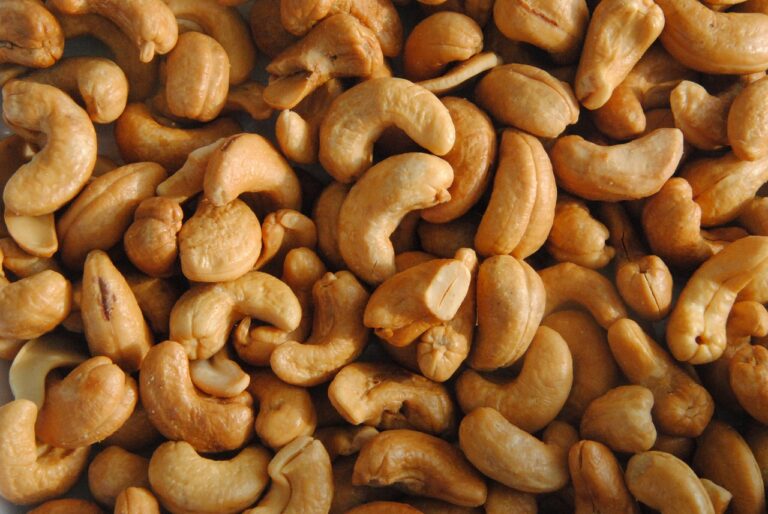Food Industry and AI: The role of artificial intelligence in transforming food production and services.
Artificial Intelligence (AI) is revolutionizing the realm of food production through its ability to optimize agricultural processes and increase efficiency. By employing AI technologies such as machine learning and predictive analytics, farmers can make informed decisions regarding crop management, irrigation, and pest control. These advancements not only enhance productivity but also contribute to sustainable farming practices by reducing waste and minimizing the use of resources.
Moreover, AI plays a vital role in improving the quality of food products by enabling precise monitoring and control during the production process. From detecting contaminants to ensuring consistent taste and texture, AI systems can uphold stringent quality standards that are paramount in the food industry. By harnessing the power of AI, food producers can deliver safer, healthier, and more reliable products to consumers, fostering trust and loyalty in the market.
How AI is Enhancing Food Safety
Artificial Intelligence (AI) is revolutionizing the way food safety is ensured throughout the food production and distribution chain. By leveraging AI-powered tools, food manufacturers and regulatory agencies can meticulously monitor and analyze data to identify potential risks and improve compliance with safety standards. AI enables real-time monitoring of the entire food supply chain, allowing for quick detection of any deviations from safety protocols.One key way AI is enhancing food safety is through its ability to predict and prevent foodborne illnesses. By processing vast amounts of data from various sources such as environmental factors, production processes, and historical data on foodborne outbreaks, AI algorithms can predict potential safety hazards and help implement proactive measures to prevent contamination before it occurs. This proactive approach to food safety not only minimizes risks to consumers but also helps food businesses maintain their reputation and credibility in the market.
The Impact of AI on Supply Chain Management in the Food Industry
Within the food industry, the integration of artificial intelligence (AI) has revolutionized supply chain management processes. AI technologies like machine learning and predictive analytics are streamlining operations and optimizing efficiency. Through advanced data analysis, AI enables real-time monitoring of inventory levels, demand forecasting, and route optimization, leading to cost savings and improved delivery timelines.Moreover, AI enhances visibility and transparency across the supply chain by providing valuable insights into each stage of the process. By harnessing AI-powered algorithms, food companies can better track the movement of goods, monitor product quality, and identify potential risks or disruptions. This level of intelligence ensures that stakeholders can make informed decisions swiftly, ultimately resulting in a more agile and resilient supply chain system.• AI technologies like machine learning and predictive analytics are streamlining operations and optimizing efficiency• Real-time monitoring of inventory levels, demand forecasting, and route optimization leading to cost savings• Enhanced visibility and transparency across the supply chain by providing valuable insights into each stage of the process• Better tracking of movement of goods, monitoring product quality, and identifying potential risks or disruptions • Stakeholders can make informed decisions swiftly resulting in a more agile and resilient supply chain system
How can AI improve food production in the food industry?
AI can enhance food production in the food industry by optimizing processes, improving efficiency, and reducing waste through predictive analytics and automation.
How does AI contribute to enhancing food safety?
AI can improve food safety by monitoring and detecting contaminants, providing real-time quality control, and ensuring compliance with regulations throughout the supply chain.
What are some specific ways AI is impacting supply chain management in the food industry?
AI is revolutionizing supply chain management in the food industry by enabling better demand forecasting, inventory management, logistics optimization, and traceability of products from farm to fork.
How can companies in the food industry leverage AI to stay competitive?
Companies can leverage AI in the food industry by investing in technology solutions that streamline operations, improve decision-making processes, and create a more transparent and resilient supply chain.
What are some challenges that companies may face when implementing AI in supply chain management for the food industry?
Challenges may include data integration, privacy concerns, cost of implementation, and the need for skilled personnel to manage and interpret the data generated by AI systems.







